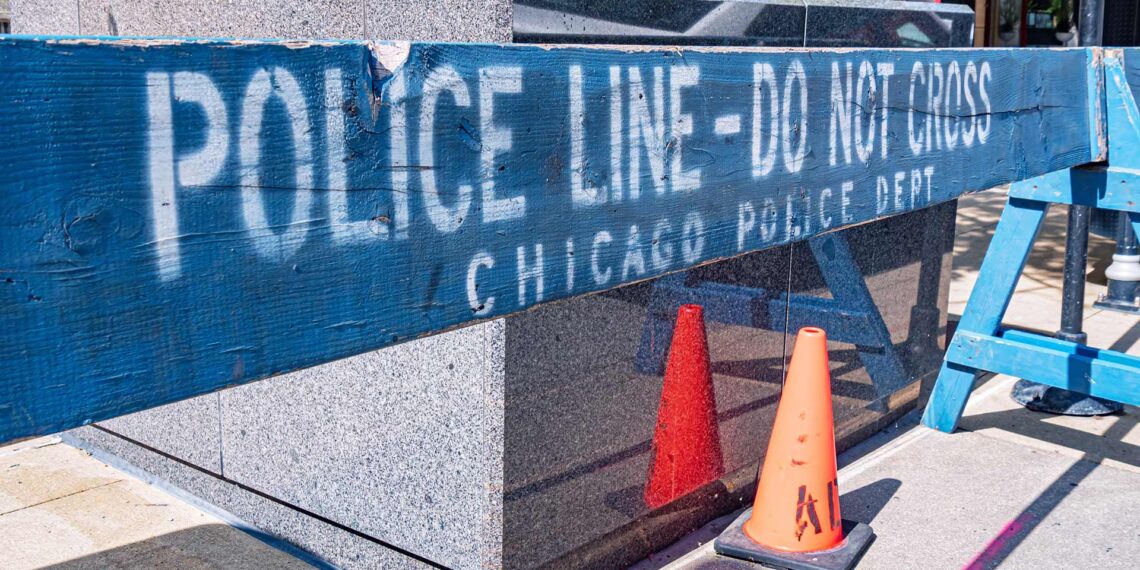[ad_1]

In a November 16 federal court hearing overseen by U.S. District Judge Rebecca Pallmeyer, Assistant Attorney General Samuel Kennedy revealed that the unit responsible for reviewing Chicago Police Department officers’ use of force is struggling with severe understaffing and a growing backlog of unfinished reports.
According to the assistant attorney general, the Tactical Review and Evaluation Division is an essential part of the implementation of a 2019 consent decree, which emerged from a lawsuit addressing widespread civil rights abuses identified by a Justice Department investigation.
The consent decree was a response to public outcry following the fatal shooting of 17-year-old Laquan McDonald by a police officer, and outlined nearly 600 areas of reform, with ongoing monitoring by a former federal prosecutor.
Kennedy disclosed that the unit’s backlog, which stood at 2,702 cases in July, has since surged to 5,116 cases.
He further noted a decrease in staffing levels from 54 police officers in February to the current count of 47.
Despite plans to add four part-time employees, Kennedy expressed doubts about the unit’s ability to address the three-month backlog effectively.
The judge expressed concern over the delay in feedback to officers regarding their use-of-force incidents.
“I think it’s a lot more meaningful when you hear feedback immediately, rather than months down the road when you maybe don’t even remember the episode all that well,” Pallmeyer stated.
Commander Sean Joyce, who oversees the unit, called on the division to complete its reports within 30 to 60 days.
The unit, established in 2017, focuses on recommending training for officers rather than determining disciplinary actions, a responsibility handled by the city’s Civilian Office of Police Accountability.
In addition to use-of-force incidents, the unit also focuses on cases where officers are involved in foot pursuits or point their firearms at a suspect.
As Chicago grapples with the challenges of police reform, the staffing crisis within the unit points to potential obstacles in the city’s journey toward fulfilling the comprehensive consent decree.
[ad_2]




